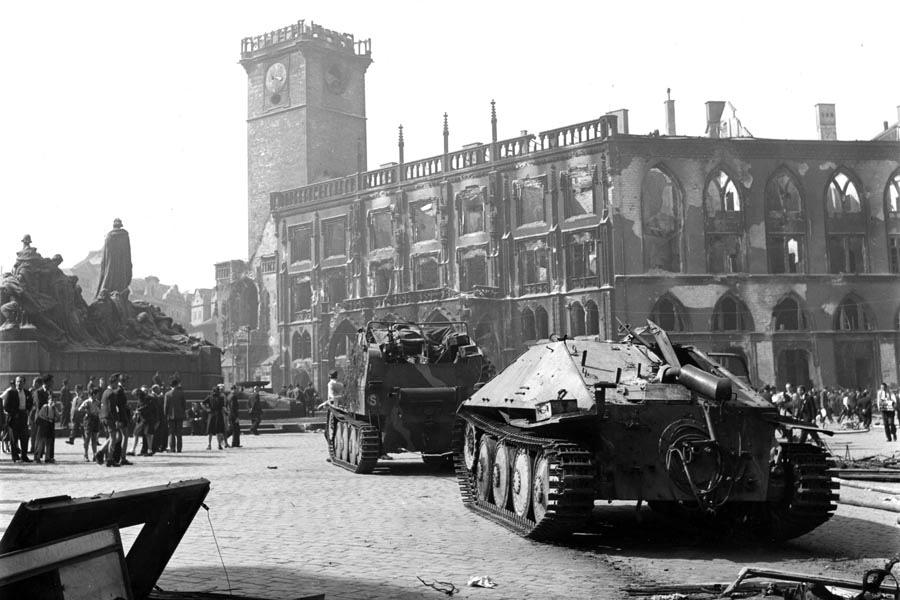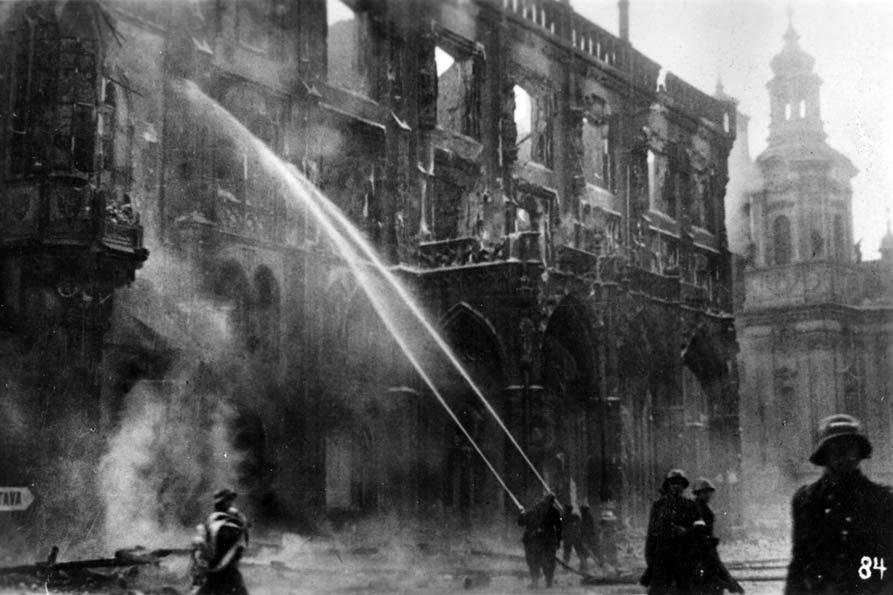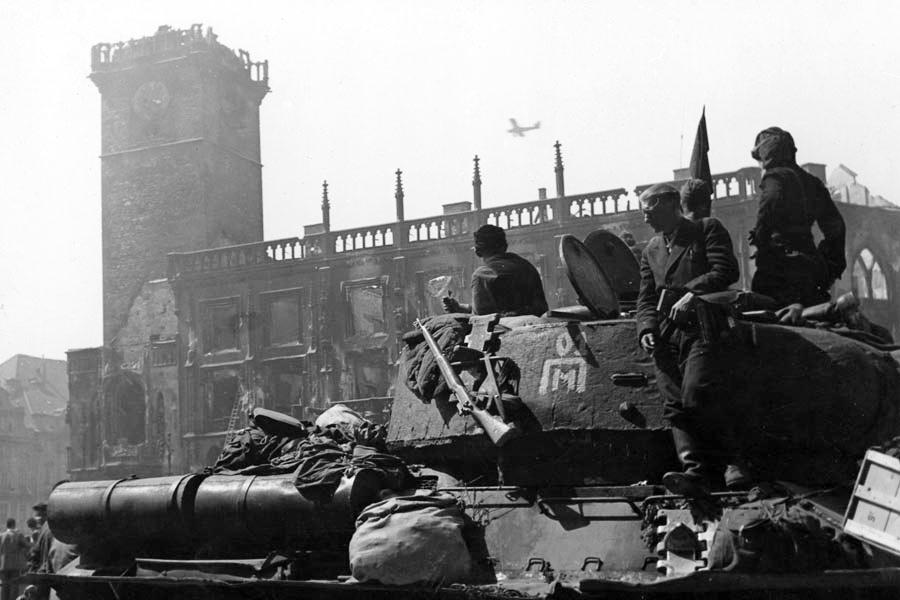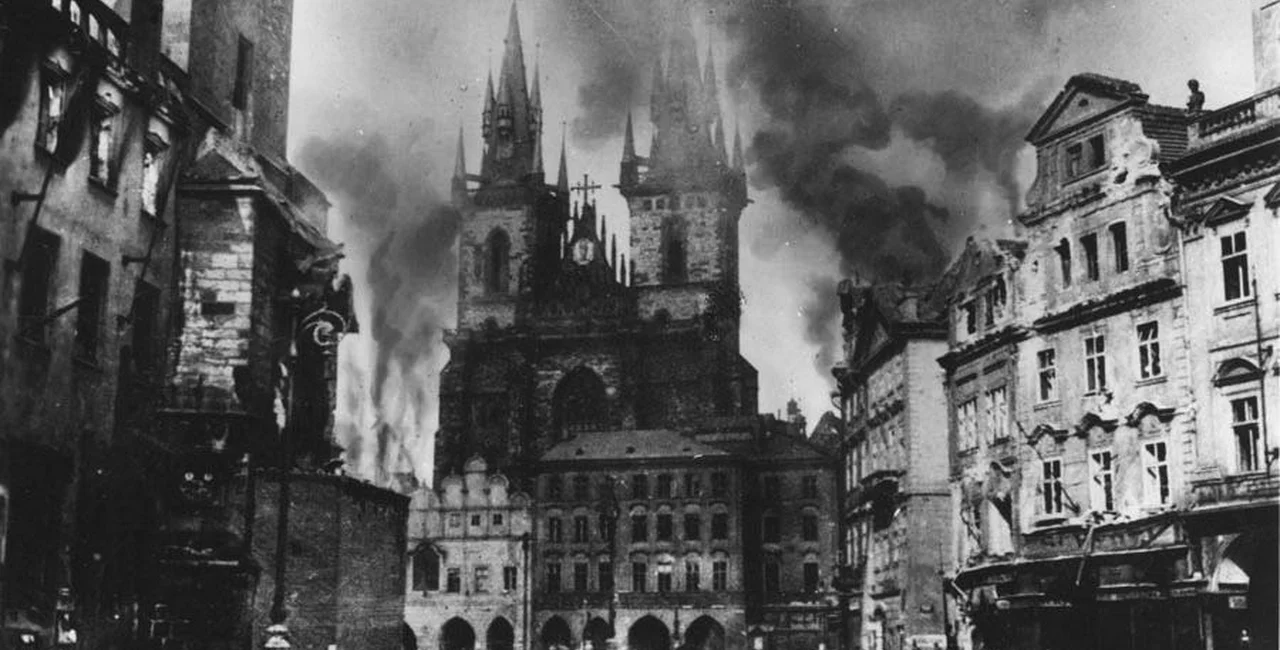In most European countries, May 8 is a national holiday that remembers the end of World War II in Europe. On May 8, 1945, known as Victory in Europe Day or VE Day, the Allied Forces officially accepted the unconditional surrender of Nazi Germany’s military.
In the Czech Republic, May 8 is known as Den vítězství (Day of Victory) or Den osvobození (Liberation Day). It commemorates both the Prague Uprising and the liberation of Czechoslovakia by Allied Forces, and is one of the Czech Republic’s public holidays during which all large shops must close.
PARTNER ARTICLE
On May 5, 1945, following six years of Nazi occupation and with the end of the war on the horizon (Adolf Hitler had killed himself in his bunker a week earlier), the Czech Resistance in Prague revolted against German forces during what became known as the Prague Uprising.

The Nazi occupiers responded by taking Czech civilians hostage, using them as human shields and executing them en masse; pregnant women and children were among the victims, most of whom were killed on May 7 and May 8.
While the city of Prague, unlike many other major European capitals, had survived most the war unscathed, it was heavily damaged during the Prague Uprising, which saw German tanks fire recklessly into buildings on the streets of central Prague.
The north and east wings of Prague’s Old Town Hall building, next to the Astronomical Clock, were completely destroyed on May 8, 1945. They have never been rebuilt, with the area they previously occupied now a small park.

While British Prime Minister Winston Churchill encouraged the liberation of Prague by US forces – US General George S. Patton’s Third Army had already entered Czechoslovak territory – Allied Commander (and future US President) Dwight D. Eisenhower gave in to Soviet pressure and kept US forces out of the city.
But by the time the Soviet Red Army rolled into Prague on the morning of May 9, the city was already liberated. Czech Resistance forces had reached a ceasefire agreement with the Nazi forces the previous evening, with the final German holdouts fleeing the city on the 9th.

During the Prague Uprising, the Czech government-in-exile encouraged vigilante justice against German forces, civilians, and suspected collaborators.
Immediately following the war, three million ethnic Germans were expelled from Czechoslovakia.












 Reading time: 2 minutes
Reading time: 2 minutes 



























